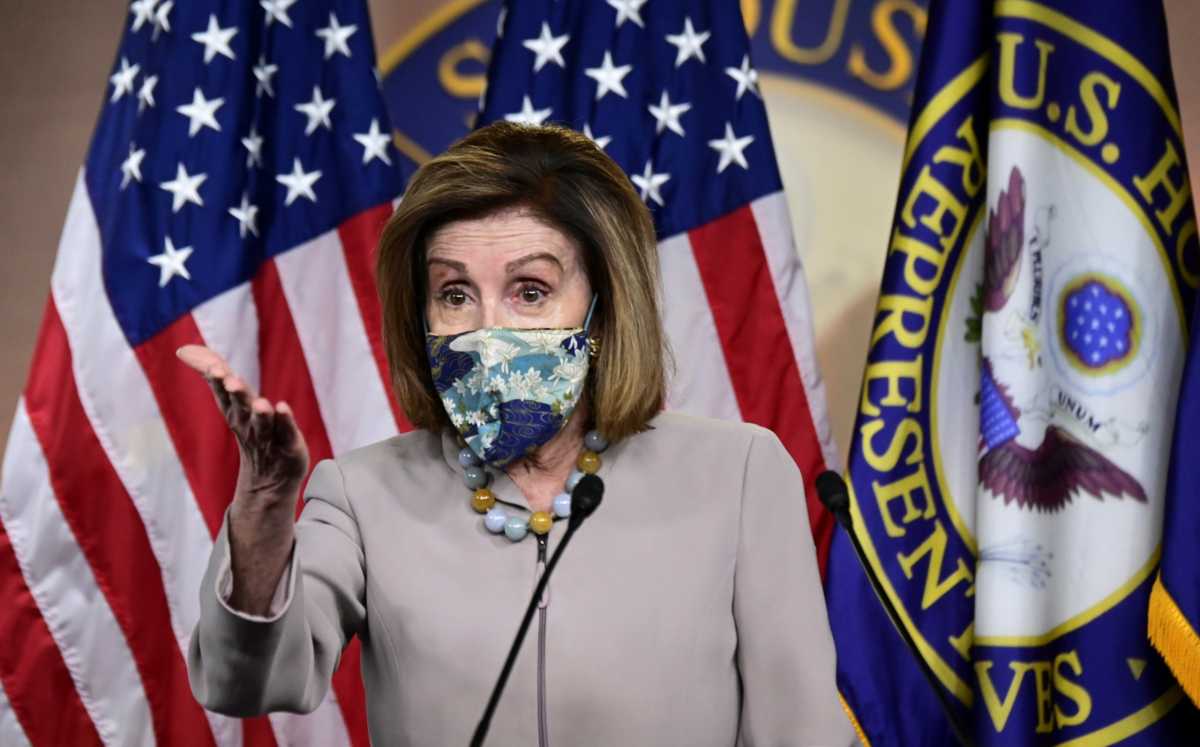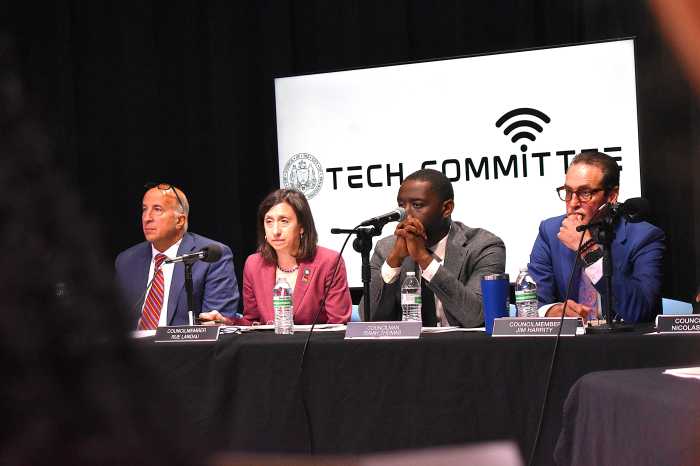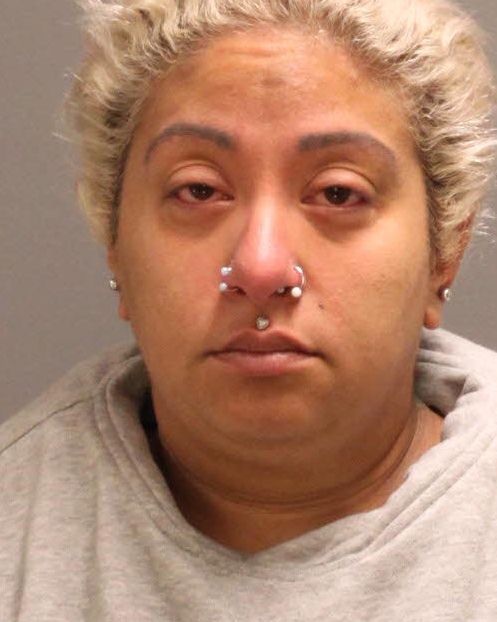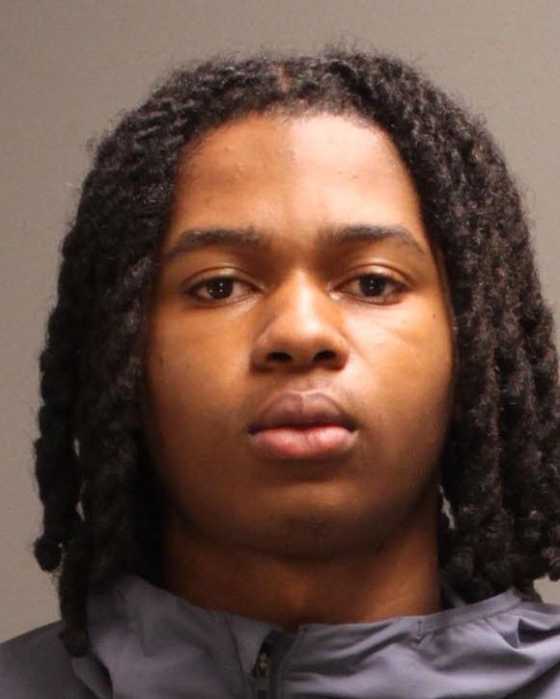By Richard Cowan
U.S. congressional negotiators on Wednesday were “closing in on” a $900 billion COVID-19 aid bill that will include $600 to $700 stimulus checks and extended unemployment benefits, and Congress could start voting within 24 hours, lawmakers and aides said.
Top members of the Democratic-controlled House of Representatives and Republican-controlled Senate sounded the most positive they have in months on a fresh response to a crisis that has killed more than 300,000 Americans and thrown millions out of work.
They are nearing a deal as rates of COVID-19 infections are soaring to new highs, even as the United States starts to vaccinate people. The country’s economy also still shows signs of weakening.
Congressional leaders made substantial progress toward compromising on a new coronavirus aid plan during talks that stretched into the night on Tuesday.
Negotiators were looking for a way to shift the approach to aiding hard-hit state and local governments, which has been a key Democratic priority, one source familiar with the talks said. The measure, to be attached to a spending bill that must pass by Friday to avoid a government shutdown, is not expected to include new protections for companies from lawsuits related to the pandemic, something high on the Republican agenda.
“I think both sides are sufficiently motivated given the time of the year and everything that’s at stake and trying to get virus relief out there,” Senator John Thune, the Senate’s No. 2 Republican, told reporters.
Senator Dick Durbin, the chamber’s No. 2 Democrat, said the goal was to reach an agreement on Wednesday and have it ready for voting on Thursday.
Republican Senate Majority Leader Mitch McConnell said he felt optimistic.
“We made major headway toward hammering out a targeted pandemic relief package,” McConnell said in the Senate. “We need vaccine distribution money, we need to re-up the Paycheck Protection Program to save jobs, we need to continue to provide for laid-off Americans.”
PPP is the federal loan and grant aid to small businesses suffering from the pandemic.
“It’s not a done deal yet, but we are very close,” Senate Democratic leader Chuck Schumer said.
BOOSTING THE ECONOMY
Thune said the proposed direct payments to individuals would be around $600 to $700 per person.
Mark Ritacco, director of governmental affairs for the National Association of Counties, said some steps Congress could take to help local authorities include providing a one-year extension of unused funds provided by the CARES Act, a COVID-19 relief bill enacted in March.
His organization also hopes Congress will expand the number of counties that can receive aid to include smaller counties, especially as they must administer the new vaccines.
The apparent breakthrough comes at a key moment for a U.S. economy clearly weakening after an initial rebound from recession triggered by the pandemic earlier this year. Consumer spending, buoyed through the summer and early fall by more than $3 trillion in federal assistance, has hit a wall as new lockdowns limit business activity and keep people home.
President-elect Joe Biden said the stimulus package was encouraging but more aid would be needed.
“It looks like they’re very, very close, and it looks like there is going to be direct cash payments, but it’s a down payment – an important down payment – on what’s going to have to be done beginning at the end of January, into February,” he told reporters.
Commerce Department data showed retail sales fell unexpectedly sharply in November, with consumer outlays on goods and services showing softness across the board.
Officials at the Federal Reserve were also meeting to debate whether additional stimulus from the central bank was also warranted. The Fed has already cut interest rates to near zero and is buying $120 billion of bonds a month to ensure borrowing costs remain cheap and help encourage spending.
Fed policymakers were to unveil their decision on Wednesday afternoon. Chairman Jerome Powell – who has repeatedly said additional fiscal stimulus is needed to support the economy until a vaccine is in broad use – will discuss the Fed’s decision afterward at a news conference.
Reuters






























